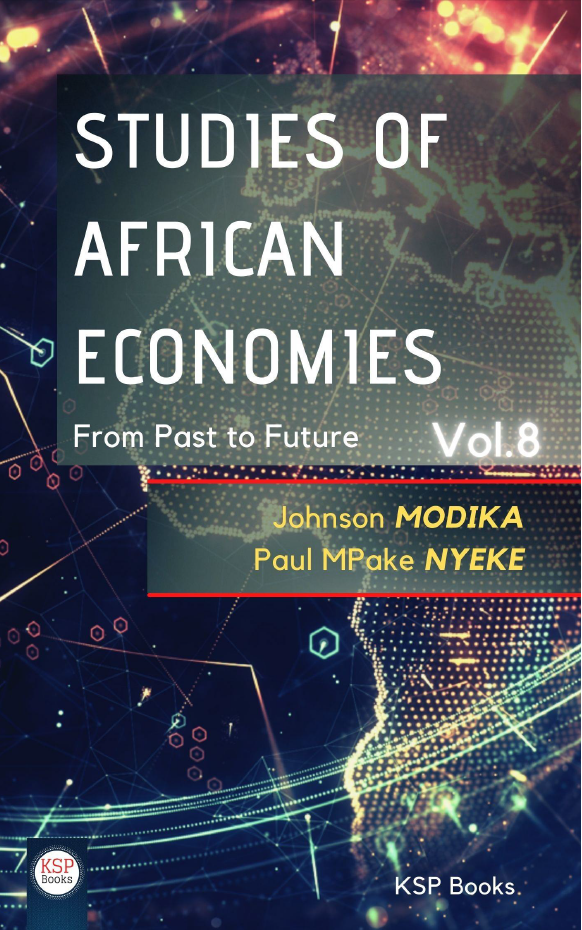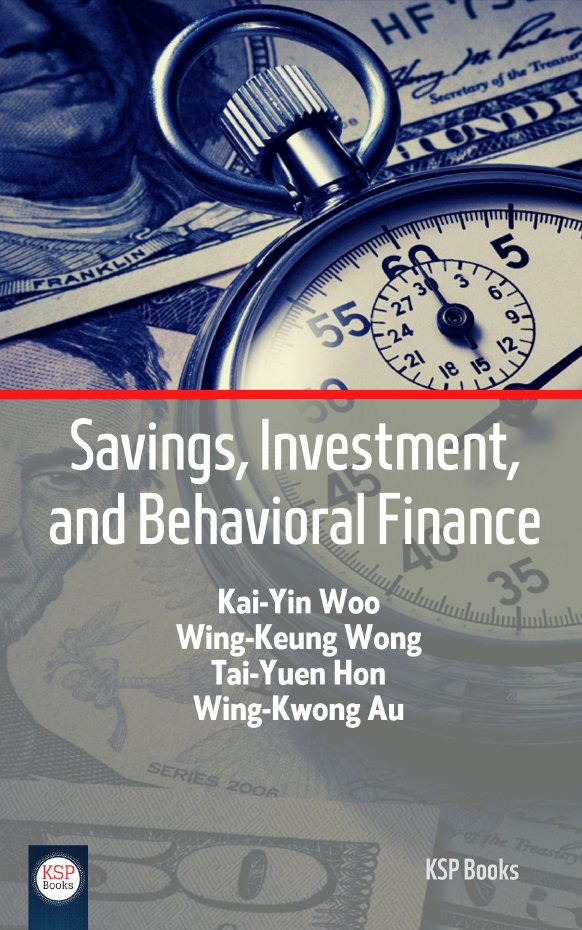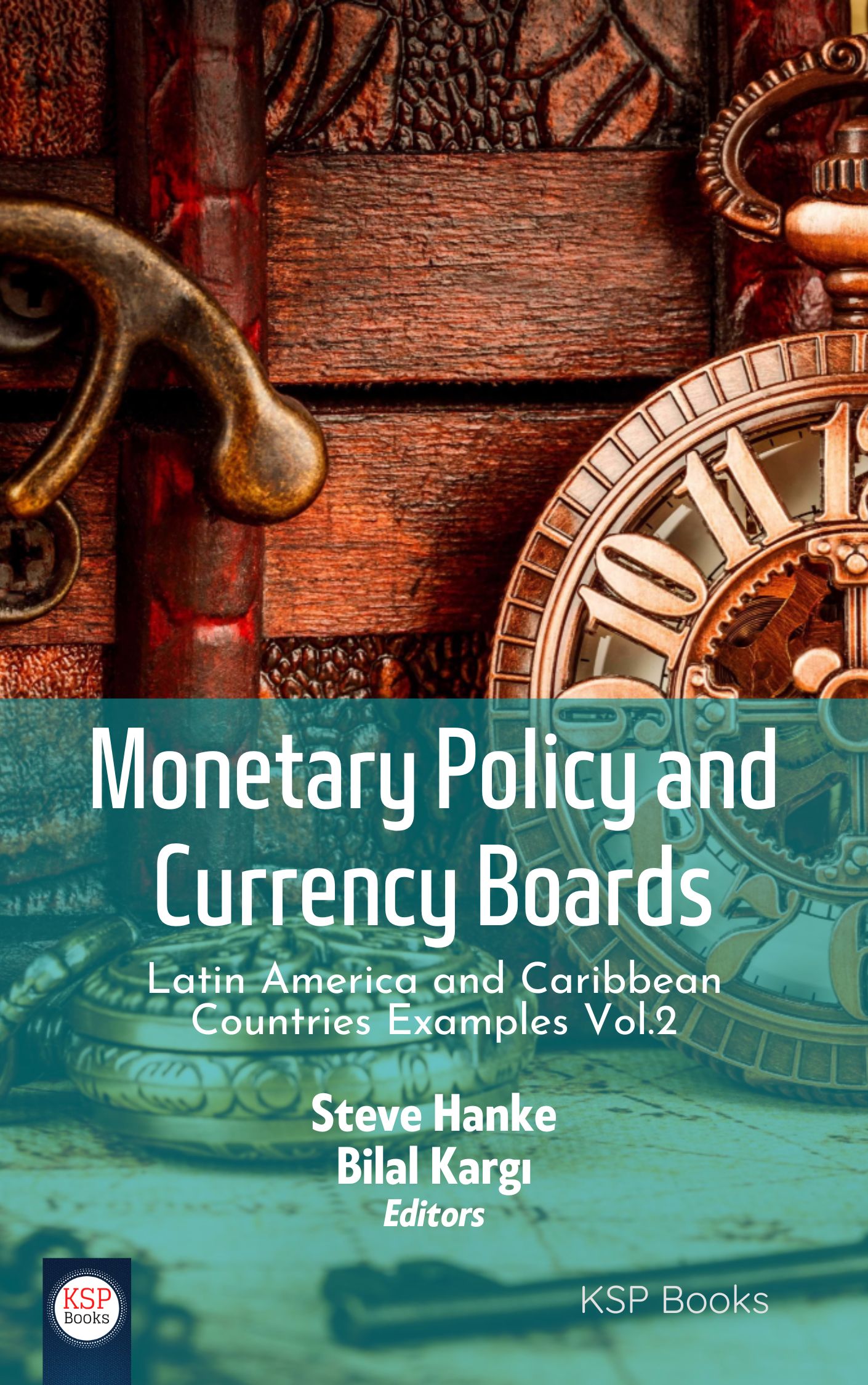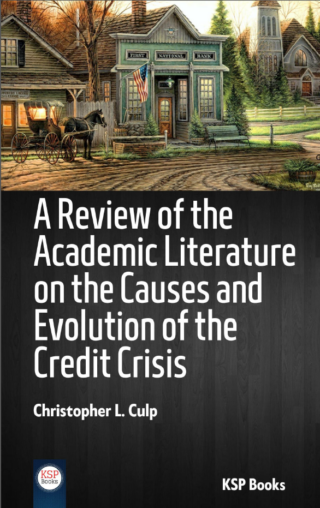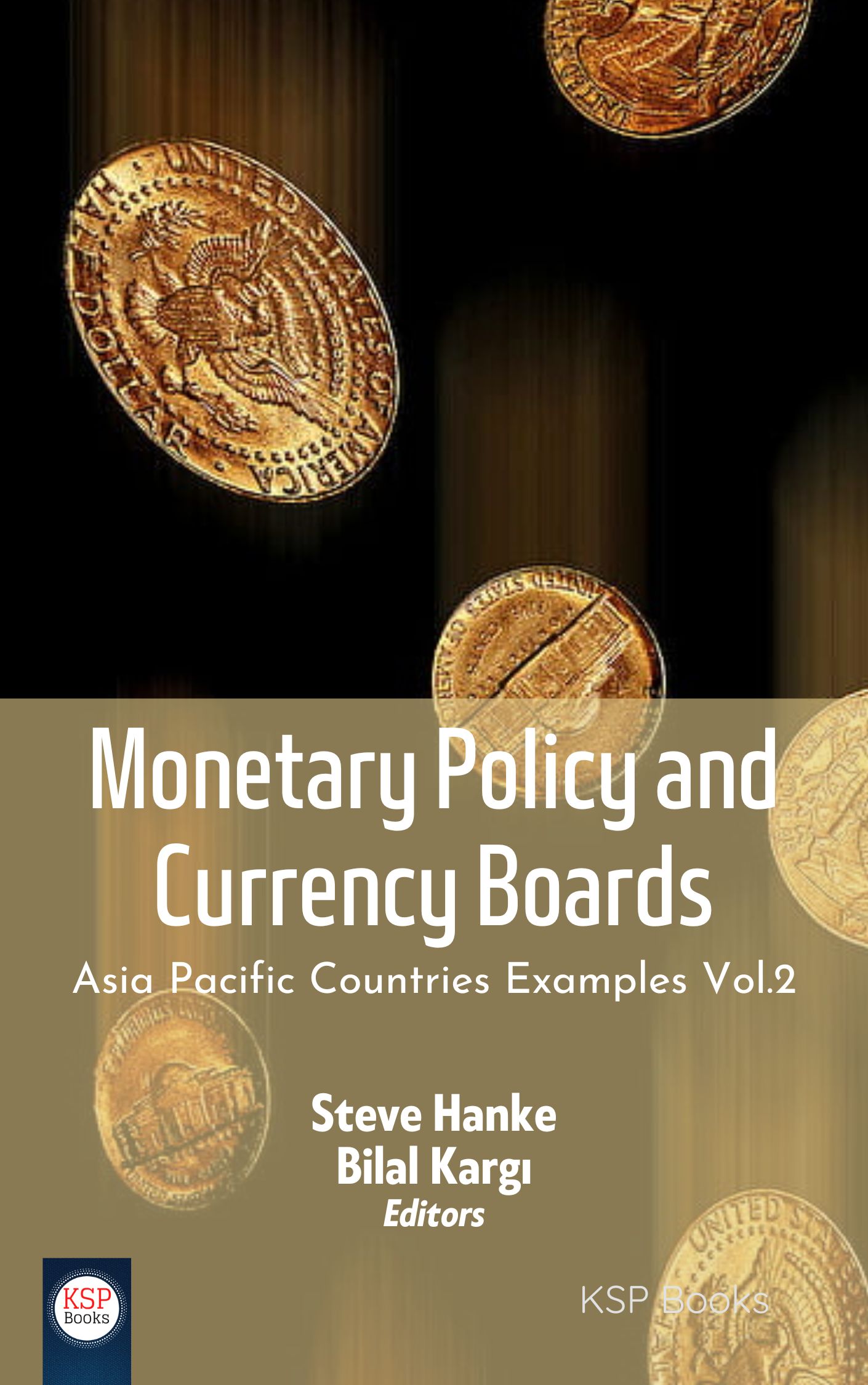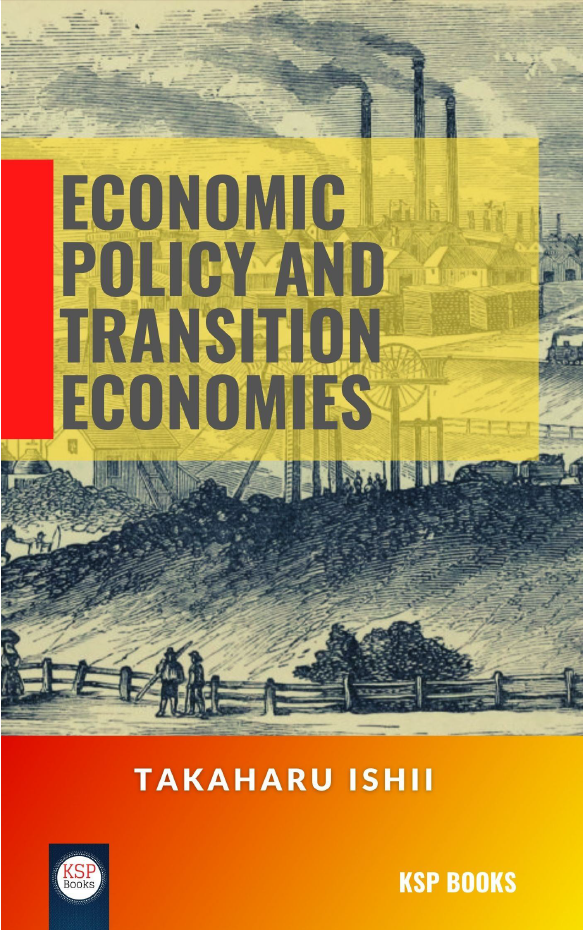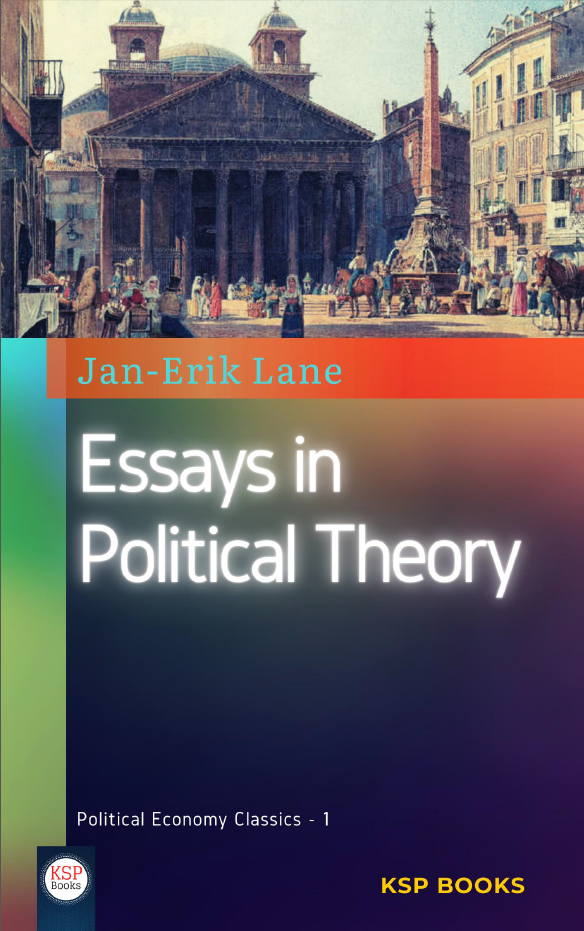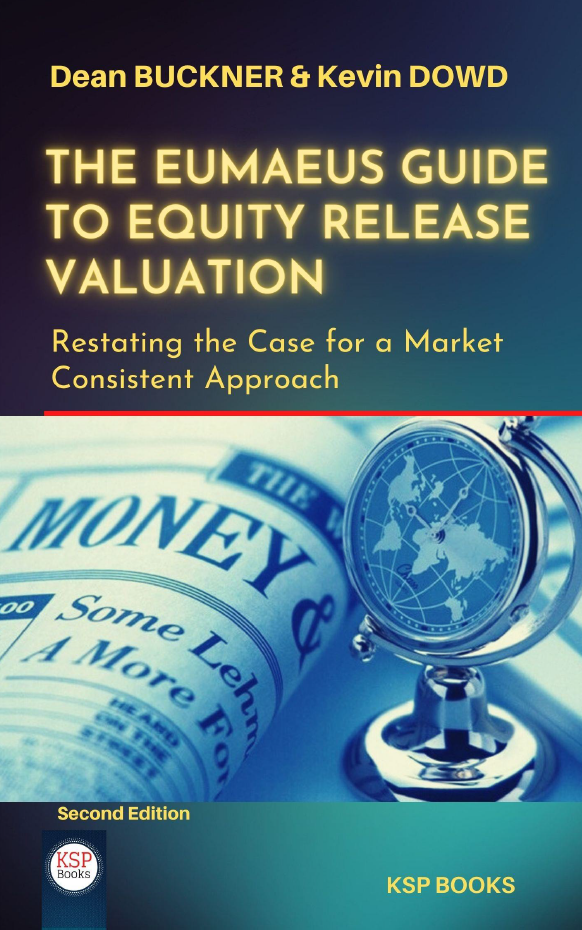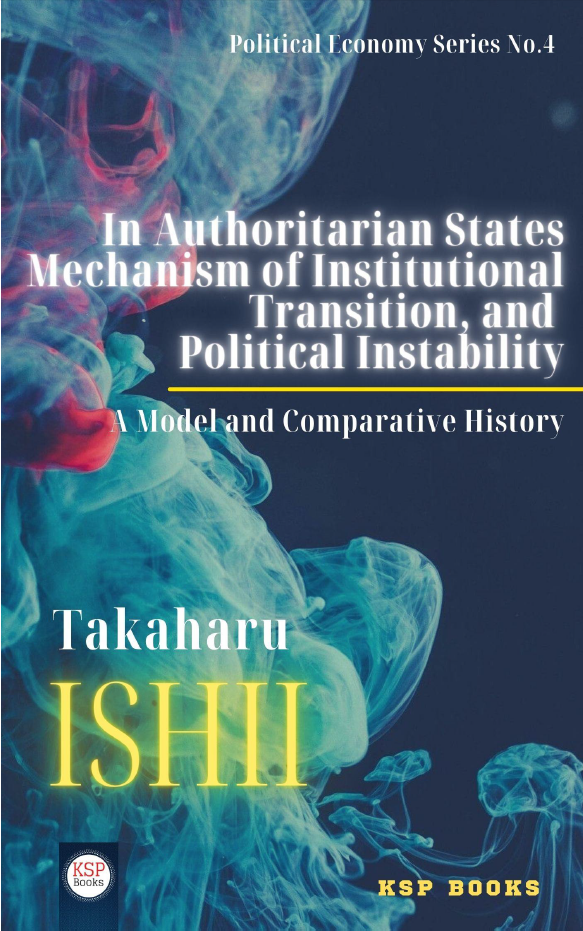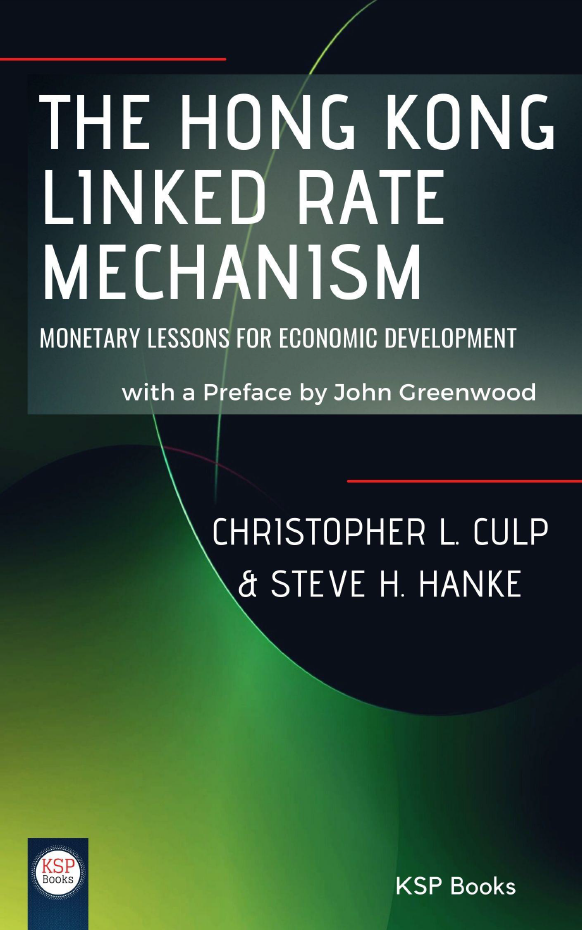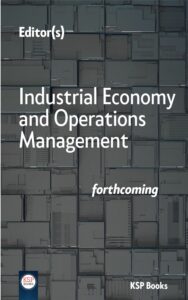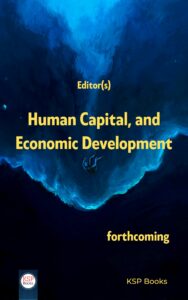(Ch.1) This chapter highlights the various corrupt practices between applicants and educational staff during examinations / competitive exams in order to succeed in the Cameroon educational system. An odds ratios Analysis from the supply side revealed that in most of the regions studied, the magnitude of the payment of bribes to school leaders for success (Director / Principal) as compared to that of their employees is about 2.62 times higher. In the same vein, our estimates show that in about 70.8% of cases, the leaders of these institutions are the most needed in recommending candidates for their success in various exams. We highlighted from the demand side the characteristics of examinees through a Bernoulli distribution; it appears that the non-poor, women, the youngest and workers are the categories of people who are most vulnerable to corrupt practices.
Ch.2) This chapter is a continuation of our previous works on the determinants of multiple jobs of lecturers in Cameroonian State universities. It lays particular emphasis on human resource management used in these universities. The methodology makes use of the logit analysis on survey data. The results obtained show that contrary to the theoretical and empirical literature, time constraint in the main job does not appear to be an important explanatory factor for the multiple jobs phenomenon. However, gender, the universities’ location, salary earned from secondary jobs and the holding of an administrative position in a university play a major role in explaining the phenomenon. This paper thus presents a certain interest linked to the specificity of these jobs (lack of monitoring, opportunism in behaviors, social pressures related to them) on the one hand, and the coaching of the human resource used on the other. Governmental incentive measures are proposed to limit this dual employment phenomenon which tends to deteriorate the quality of lectures provided.
(Ch.3) This chapter highlights initiatives taking in the act of corruption between applicants and schools authorities in the Cameroon educational system during students’ registration. An odds ratios analysis for the entire country and by region showed that in about 66.67% of cases in this educational system, the initiative for corruption comes from the Heads of institutions, and it is led by some motives such as the limited seats, the school facilities, the poor quality of applications and the compulsory requirement to buy school items. However, despite the fact that the magnitude of the initiative for the corrupt action by the teaching staff is more important than that of applicants in all regions, we nevertheless highlighted their characteristics through a Poisson regression. In particular the empirical analysis revealed that urban and rich people take more initiative than rural and poor people as far as corrupt actions are concerned.
(Ch.4) This study seeks to identify the determinants of moonlighting among lecturers of Cameroonian state universities. To do this, we apply a log-linear model to data from a random sample survey of lecturers from Cameroonian state universities. The results show that in addition to the classical determinants of moonlighting (hours of work in the main job, pay in the primary job, pay in the secondary job) gender and the localization of the university also play major roles. Descriptive statistics also show that moonlighting lowers the quality of lectures. Incentives from the government are therefore proposed as a means of reducing the phenomenon of moonlighting in Cameroonian state universities.
(Ch.5) Using a method of funding is not accidental. It is based on factors of choosing a financing method. However, these factors do not all exert the same influence to lead to a type of financing, especially in the context of Small and Medium size Enterprises (SMEs) in a situation of bank credit rationing like those of Cameroon. Thus, the results obtained from a sample of452SMEs in Douala Cameroon, through a logistic regression model, revealed that factors such as the cost of financing, the power dilution and the financial flexibility are at least three times more likely to guide the SMEs to short-term financing than to the long and medium-term ones.
Benjamin Yamb
University of Douala, Cameroon
Benjamin Yamb is professor of economics and statistics at the Advanced School of Economics and Commerce at the University of Douala in Cameroon. He was Head of International Trade and Management Department for almost 10 years (2003-2013) where he set up the professional master degree in International Trade and Supply Chain Management. He holds a Master degree in Economics (University of Montreal, Quebec Canada), a master degree in Statistics (The American University Washington DC) and a doctorate in economics (University of Paris 1 pantheon Sorbonne). He is the author of several publications in local and international journals. He has served as a consultant in many international organizations, such as the European Union where he set up a system for collecting, processing and analyzing commercial data in Chad. His areas of interest are financial macroeconomics including exchange rates, governance models in this case in developing countries and discrete choice statistical models.
 This Book is completely open access. You can freely read, download and share with everyone.
This Book is completely open access. You can freely read, download and share with everyone. 





